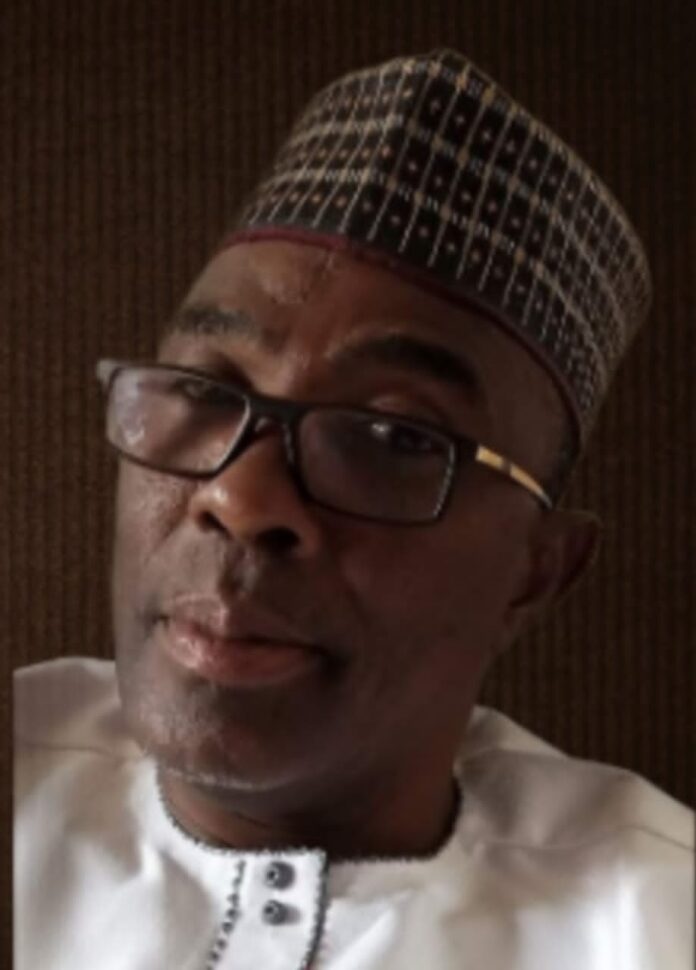Commissions by omission, by Abu Shekara
At last, Nigerians might believe, justice is being done for all geopolitical zones of the country. Five regional Development Commissions have been created, with one more in the process of being established. Soon, it is expected, that all parts of Nigeria will have institutional means of recourse concerning their peculiar needs and aspirations.
The oldest Niger Delta Development Commission was created as a response to the environmental hazards of mineral exploitation in the oil-rich zone. Along with the derivation formula, It was for all intents and purposes, a child of necessity and an envisioned solution to the restiveness in the South-South associated with the extraction of petroleum resources.
The creation of the North-East Development Commission was in response to over a decade of Boko Haram insurgency, which devastated the socioeconomic life of scores of communities in the zone, including the state capitals, destroying public facilities and disrupting development in education, health, agriculture, fishing and other economic activities.
READ ALSO: The North and Nigerian Media: Each bird sings the song of its flock, by Abu Shekara
A similar situation caused by banditry in the North-West has made it necessity for the same initiative for that part of the country obvious. Thus the North-West Development Commission came into being.
For the South-East, the activities of the secessionist group, Indigenous People of Biafra (IPOB), though not as socially and economically destructive as those of groups in the North, its sociopolitical implications for Nigeria may have in part, been relevant to the establishment of a Development Commission for the zone. The South-West does not share similar security challenges to the three other geopolitical zones but such an agency for the area would still address its peculiar developmental issues and thus the SWDC is one of the four so far set up and already being funded by the Federal Government.
In that vein, the Commission to cater for the North-Central, which experiences the same encumbrance of security challenges as the North-West should have been among the earliest to be instituted. This is considering that one of the functions of the Commissions is, to “identify factors inhibiting the development of its region” and assist the member-states in the formulation and implementation of policies to ensure a sound and efficient management of the resources of that region”.
The Federal Government budget of 2025 however, has raised questions on the actual motive of creating the Development Commissions. From the breakdown, over ninety per cent of the allocations to the agencies are on salaries and other personnel costs, leaving a paltry portion for any development-oriented expenditure.
Details of the budget proposal show that out of the combined allocation of N4.26 trillion, the Commissions, which are under the new Ministry for Regional Development, will spend about 99.7 per cent of their budgets on personnel costs, with a mere 0.3 per cent for development projects.
The NDDC has the highest vote of N776.5 billion, almost wholly allocated to salaries. The NWDC is next with N585.9 billion followed by SWDC with N498.4 billion and SEDC N341.3 billion, while the NEDC allocated N290.9 billion, all of whose budgeted funds will virtually be consumed by salaries.
These figures indicate that the huge allocation to the regional bodies will neither impact infrastructure, the economic or social development of the areas nor address the challenges they are experiencing, especially those zones, whose advancement is mitigated by encumbrances like insecurity. This portrays the Commissions as mere tools for the proliferation of posts for political appointments and the dispensing of partisan privileges and patronage.
The North is experiencing unprecedented economic crises, a high rate of poverty and disease and a low level of Western education, a state of affairs exacerbated by the almost daily loss of lives and displacement of hundreds of communities due to the activities of terrorists. Against this backdrop, the region needs solutions to these serious setbacks, instead of pretentious policies motivated by political expediency.
Juxtaposed with the 2025 budgetary allocation to education (N3.52 trillion) and health (N2.48 trillion), the vote of N4.6billion is sufficient to substantially improve service delivery in these two critical sectors to Nigerians in the jurisdiction of the five establishments and go a long way towards addressing their peculiar problems. If that was the concern, the allocation to NEDC for instance, should not have been the lowest, considering that Borno is just recovering from a massive flood that has extensively destroyed the state’s social and economic infrastructure.
For the government to commit such huge resources to the salaries and pecks of appointees while the Commissions themselves are deprived of sufficient funds to benefit the people for whom they are supposed to cater is a misnomer. That is especially true for a government that claims to have concern for discipline and imprudence in the management and appropriation of resources.
Abu Shekara is a media practitioner based in Sokoto State.
Disclaimer
The opinions and views expressed in this article belong solely to the original author and other contributors. They do not necessarily reflect the official policy or opinions of Neptune Prime.
Follow the Neptune Prime channel on WhatsApp:
Do you have breaking news, interview request, opinion, suggestion, or want your event covered? Email us at neptuneprime2233@gmail.com





